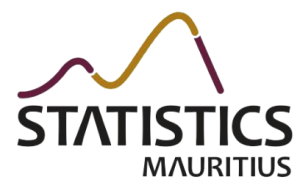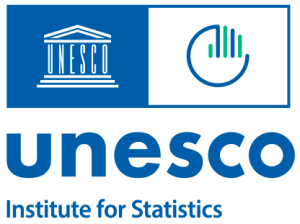
The Higher Education Commission (HEC) of Mauritius publishes several reports on the development, performance, and strategic direction of the country’s higher education sector. These include annual reports and highlights that document key achievements, as well as strategic plans outlining future priorities. The Commission provides data on student participation trends, graduate tracer studies tracking career outcomes, and lists of priority academic fields to support national development. It also shares insights into Technology Enabled Learning (TEL), with resources such as surveys, policy guidelines, and evaluations, and explores the development of micro-credentials aimed at enhancing flexible learning pathways.
The Education Statistics section of Statistics Mauritius offers comprehensive data on the country’s education sector, encompassing pre-primary, primary, secondary, and post-secondary levels. It provides insights into the number of educational institutions, enrolment figures, examination outcomes, teaching personnel, and government expenditure on education. The section includes annual publications such as the “Education Statistics” reports and the “Digest of Education Statistics,” which present detailed analyses and trends. Additionally, users can access methodological notes, historical data series, and district-level tables, facilitating a thorough understanding of the educational landscape in Mauritius.
The UNESCO Institute for Statistics (UIS) provides comprehensive data on global higher education trends, aiding policymakers in understanding and enhancing tertiary education systems. Key indicators include enrollment and graduation rates by gender and program type, distinctions between public and private institution enrollments, and graduate numbers across various fields of study. The UIS also tracks international student mobility, offering insights into student flows between countries, which is particularly valuable for developing nations aiming to expand and diversify their higher education sectors. This data supports efforts to address challenges such as gender disparities in traditionally male-dominated fields like science and computing, and informs strategies to improve access and quality in higher education worldwide.

 Communique
Communique

